I can't imagine Link speaking in the upcoming Zelda movie unless it's done right
Opinion | Link is known for being sparse with his words, but that might change soon
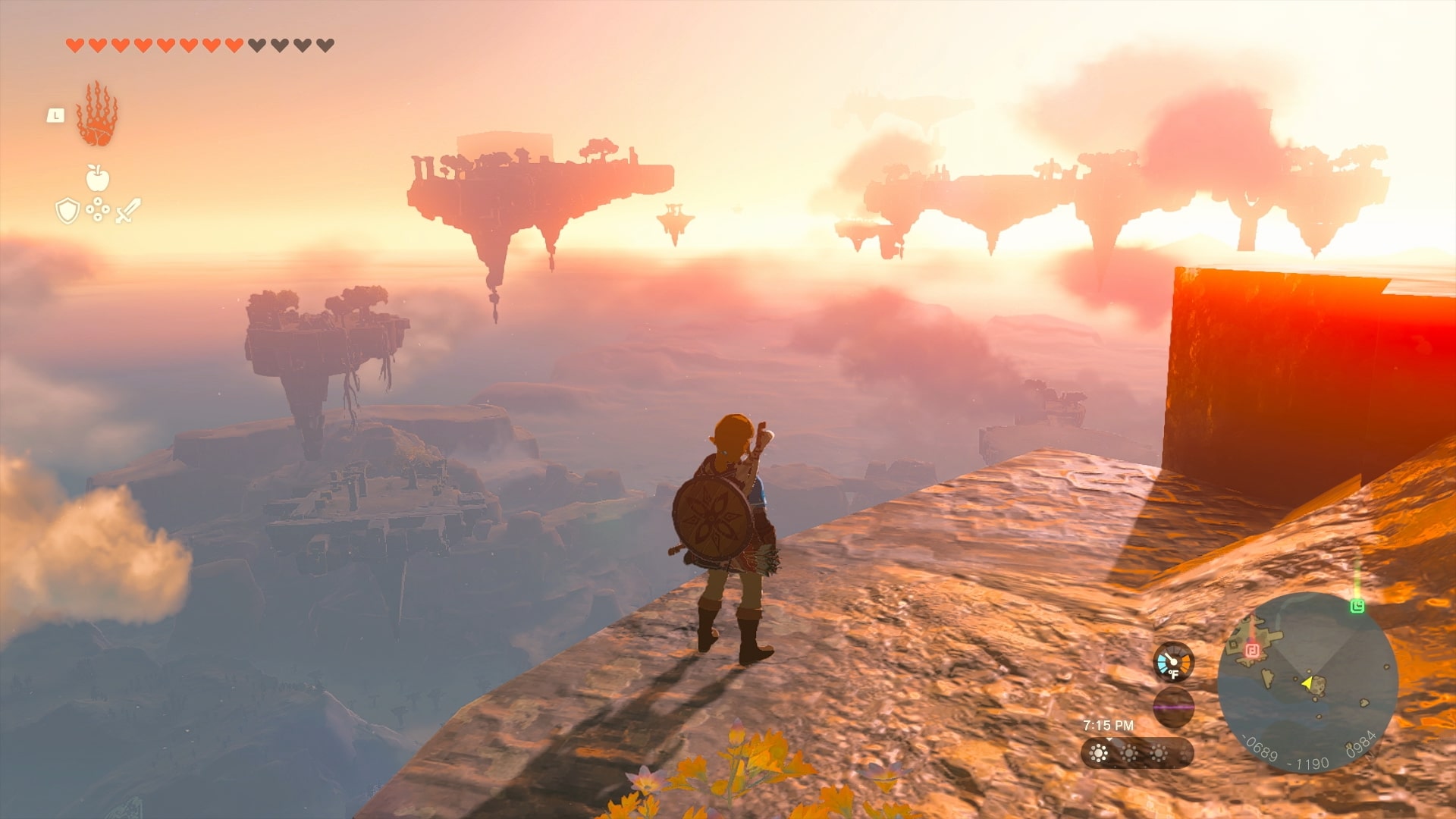
It's finally happening: Nintendo has announced a Zelda movie, and soon we might be faced with a Hyrulian hero who actually speaks. Sure, we know that Link can talk – how else would he be able to explain the wild goings-on in Zelda Tears of the Kingdom to the citizens of Hyrule? – but for the most part, the Zelda games have always been led by a "silent" protagonist.
Link's laconic tendencies have been a staple of his character since the franchise began in the 80s. The more recent, RPG-style entries like Zelda Breath of the Wild allow us to hear his wall-climbing grunts and startled gasps, but having a largely silent hero is helpful to roleplay as Link without getting sidetracked by vocal attributes. Imagining him with spoken dialogue in a live-action film is disarming to say the least, but it's something I'm mentally preparing myself for. What's more, it might even help push its source material into unknown territory that Nintendo might have shied away from otherwise.
Don't speak
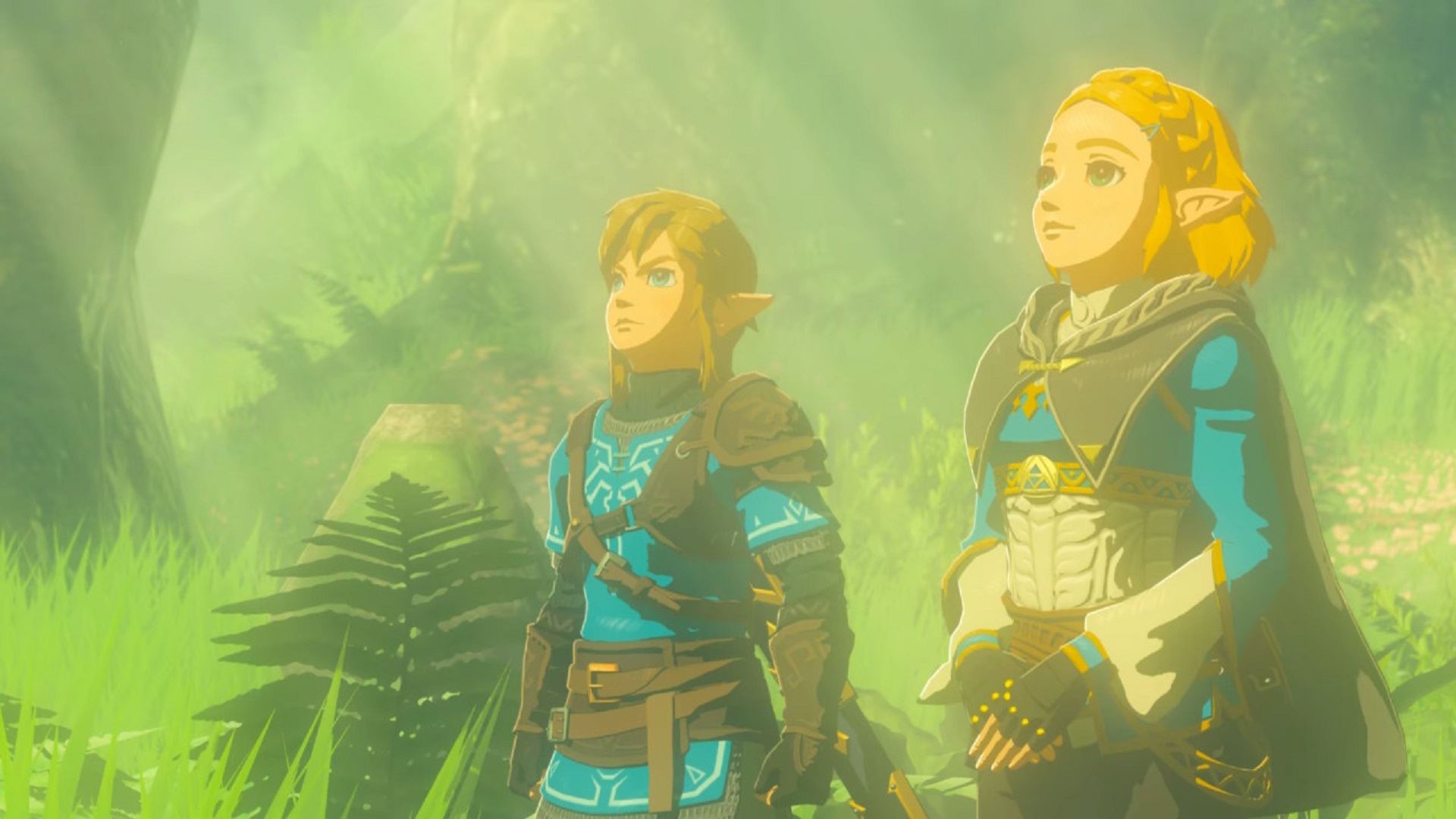
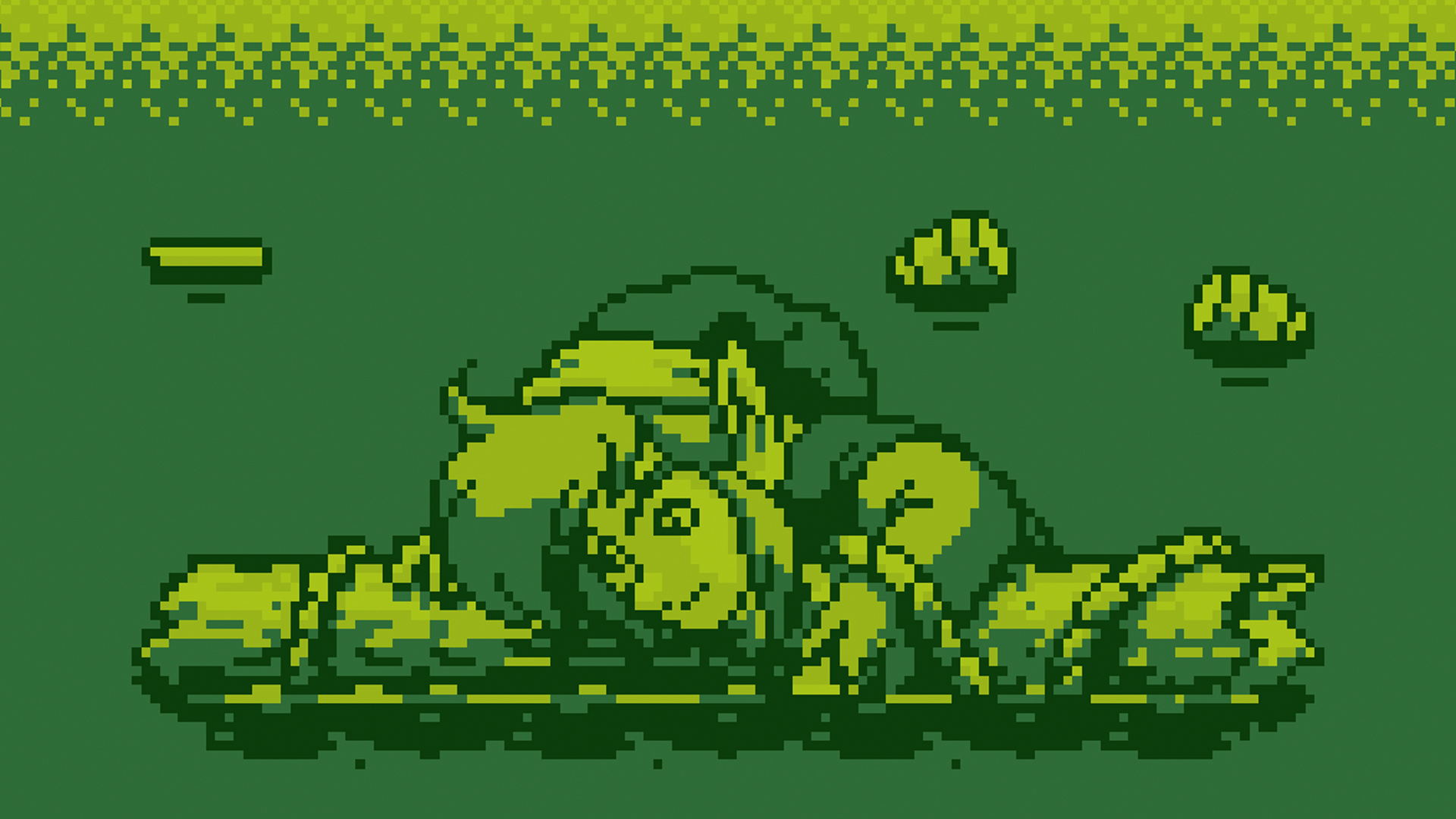
We're already wondering which of the best Zelda games will inspire the live-action film.
I've largely accepted Link's buttoned lip in the Zelda games as idiosyncratic of his character. It shows him as the stoic yet just hero that Hyrule needs to save the day, plain and simple. Withholding his voice from the audience in a film could be easier to work around, were we talking about an animated movie, but we know Nintendo is working on a live-action adaptation with Sony. It begs the question of whether or not the actor cast as Link will have spoken lines or not – and how Link might look and sound either way.
It's not that I have a problem with Link talking. The official Nintendo games show Link's internal thoughts from time to time via on-screen text, and though we can't hear it, we see his mouth moving and characters responding to what he says. Link does have some rather creepy voice lines in an old CD-i game released in 1993, but being a non-Nintendo entry, I don't really count it.
Instead, Nintendo attempts to give Link's silence a canon purpose in Breath of the Wild. Reading Princess Zelda's diary reveals that Link doesn't speak often to avoid the weight of his heroic burden bearing down on him. A bit of a stretch, but it does make sense in the context of the Zelda games: Link is here to do hero stuff, not shoot the breeze. It also feeds into how the Zelda games are largely a solitary experience for Link with few opportunities for chit chat, as he goes out into the world as a solo adventurer on a quest to save the Princess.
Cinema is a different medium entirely. It's a mostly passive experience, with the viewer having no control over the actions of the characters on screen – unless we're talking about interactive movies like Netflix's Black Mirror: Bandersnatch. Fans of the games will see their role changed entirely when watching the Zelda movie, as well as the complete removal of player agency that makes games engaging to begin with. The question is whether a speaking Link is necessary to keep us hooked, or if the job can be done without.
Talk to me
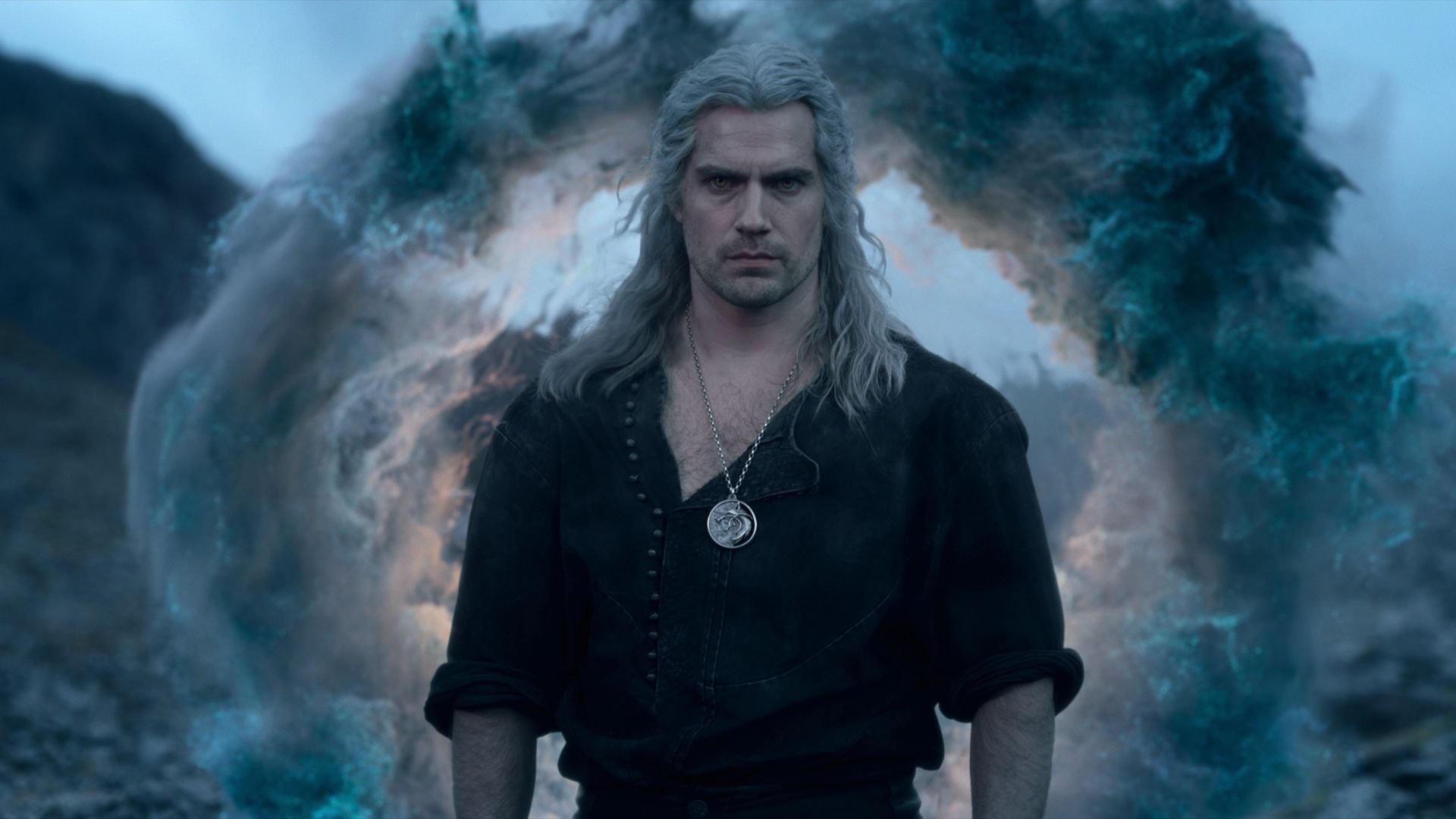
Part of me would be keen to see how the film producers imagine Link's voice.
Keeping an audience engaged without much spoken dialogue is not easy, but it has been done before.
Sign up for the Total Film Newsletter
Bringing all the latest movie news, features, and reviews to your inbox
Some of the best horror movies like The Quiet Place feature almost no scripted dialogue, but even then, characters do whisper to each other when in safety. This year's viral hit No One Will Save You, hailed by Stephen King as a "truly unique" sci-fi horror film, received praise for its portrayal of a silent protagonist who spends more time running and less time chatting. But these are both horror-adjacent films that leverage dialogue as narrative or stylistic devices, and I don't see Sony going down that route with its Zelda adaption.
Perhaps a more articulate Link built for the big screen would be more in line with what Netflix did in The Witcher, and I don't mean casting Liam Hemsworth in the lead role. Netflix's take on The Witcher 3's monster-slaying RPG hero still sees Geralt retain his short, gruff manner of speech, but the script is padded out with talkative supporting characters. Jaskier and Geralt's mostly one-sided bantering helps maintain pace in earlier seasons, while later ones jump to side characters' conversations to flesh out the lore of the Continent without relying on Geralt to rabbit on.
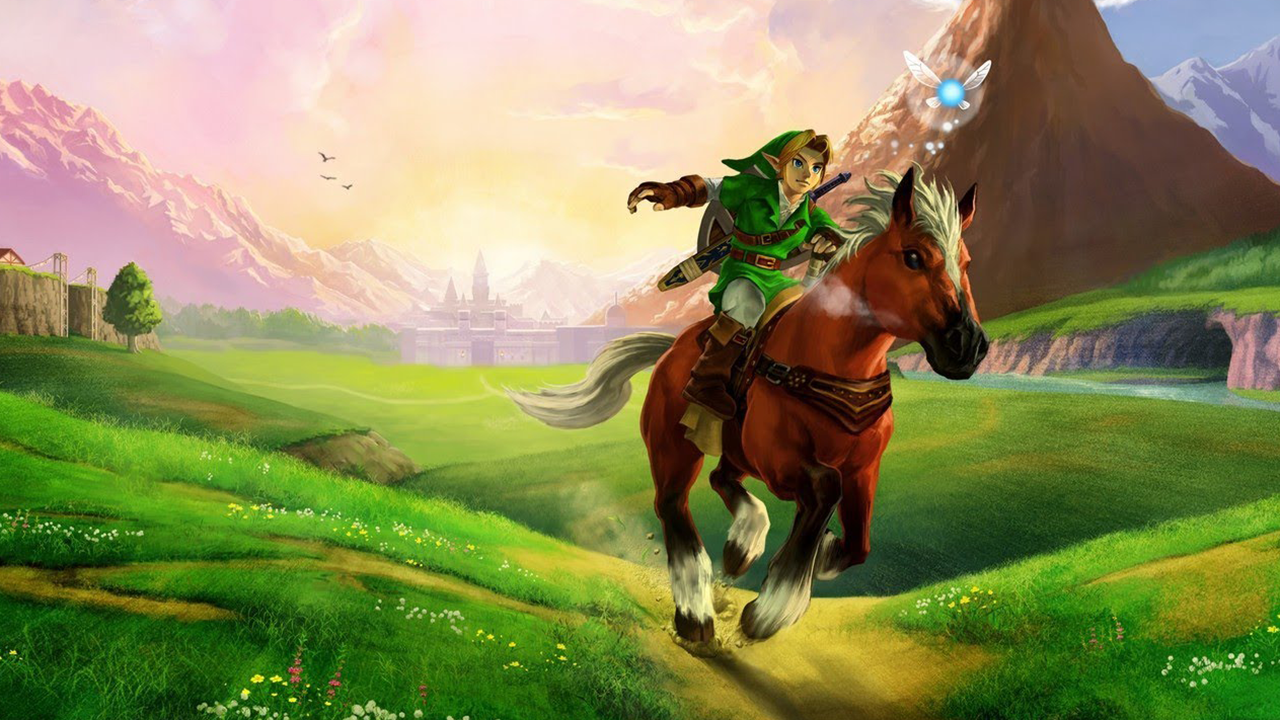
Since Zelda herself is always in peril, Link isn't known to have a trusty mainstay sidekick accompanying him around Hyrule. All the Zelda games feature colorful hosts of supporting characters that could be repurposed for the job, even if the canon needs to be shuffled to accommodate it.
The role of TOTK's Sages could be expanded upon, or Nintendo could bring back Link's majestic horse companion Epona for example. These small loyalty signifiers pulled from the the games could be enough to temper the strangeness of a newly-talkative protagonist. How something like this might gel with Zelda fans is really a matter of execution, but I don't know enough about the cast, crew, and plot of the adaptation to do more than speculate.
Link's in-game silence gives him an everyman quality that lets players project themselves onto him, but a movie is not for roleplaying. Part of me would be keen to see how the film producers imagine his voice – especially as a 125 year-old man who looks like a teenager. Should a more chatty Link sit well with cinema audiences, it might even be something the game publisher considers bringing to the mainline games themselves. If the thought makes you apprehensive, you're not alone. A talking Link would break some carefully-carved boundaries as laid out by Nintendo, but after nearly 40 years of keeping it zipped, perhaps it wouldn't be such a bad thing.
Who knows, perhaps the Zelda live-action film will become one of the best video game movies of all time?

Jasmine is a staff writer at GamesRadar+. Raised in Hong Kong and having graduated with an English Literature degree from Queen Mary, University of London in 2017, her passion for entertainment writing has taken her from reviewing underground concerts to blogging about the intersection between horror movies and browser games. Having made the career jump from TV broadcast operations to video games journalism during the pandemic, she cut her teeth as a freelance writer with TheGamer, Gamezo, and Tech Radar Gaming before accepting a full-time role here at GamesRadar. Whether Jasmine is researching the latest in gaming litigation for a news piece, writing how-to guides for The Sims 4, or extolling the necessity of a Resident Evil: CODE Veronica remake, you'll probably find her listening to metalcore at the same time.


